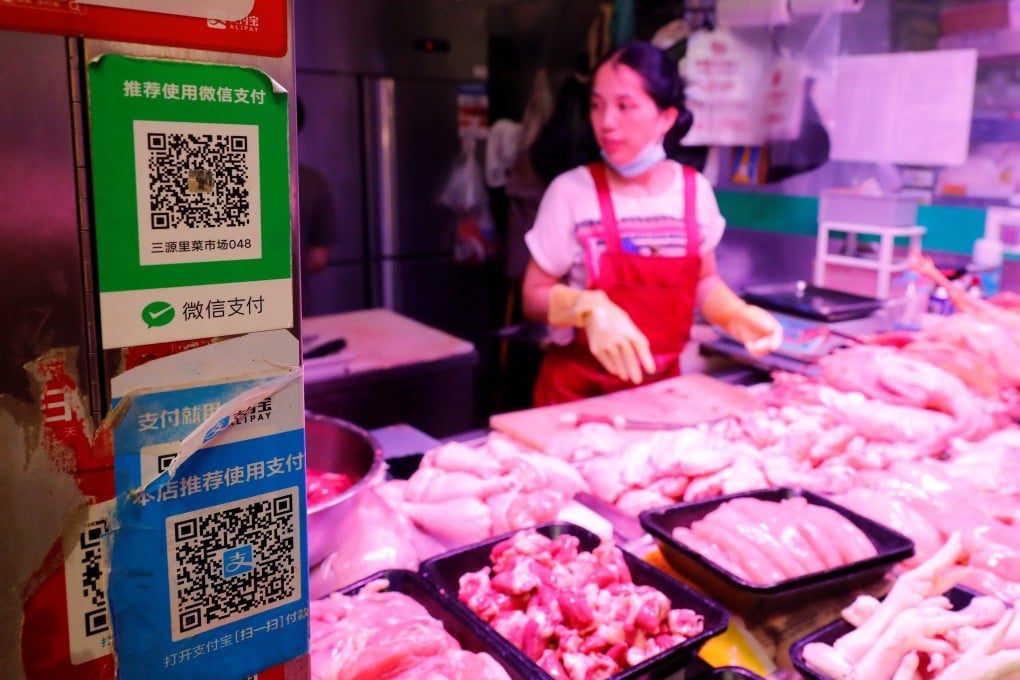China digital currency: Shenzhen consumers spend 8.8 million yuan in largest trial of digital yuan
- Over 47,000 consumers in the Luohu district of Shenzhen spent 8.8 million yuan (US$1.3 million) during a week-long trial of China’s sovereign digital currency
- A total of 1.9 million applicants had applied for 50,000 digital ‘red packets’ each containing 200 yuan (US$30), with 62,000 transactions taking place overall

China’s largest test of its sovereign digital currency ended with 8.8 million yuan (US$1.3 million) being spent in over 62,000 transactions during the week-long trial in Shenzhen.
In total, 62,788 transactions were made at the 3,389 designated shops in the Luohu district of the city last week.
“I received a text message every day urging me to spend the red packet before the trial deadline, so I spent the entire 200 yuan in a department store last Friday,” said one female user on Weibo, China’s answer to Twitter.
A total of 901,000 yuan of additional credit was also transferred into the official Digital Renminbi app, which is not yet available to the public, with users still able to use any of the extra funds they added to their accounts at the designated shops even though the trial has finished.
There is not much difference compared to WeChat Pay and Alipay when I pay with this [digital currency] app, but I feel the digital currency is more reliable and much safer
More than 110 petrol stations in Shenzhen will also be able to process payments made in the digital currency later this month, according to the state-backed 21st Century Business Herald newspaper.